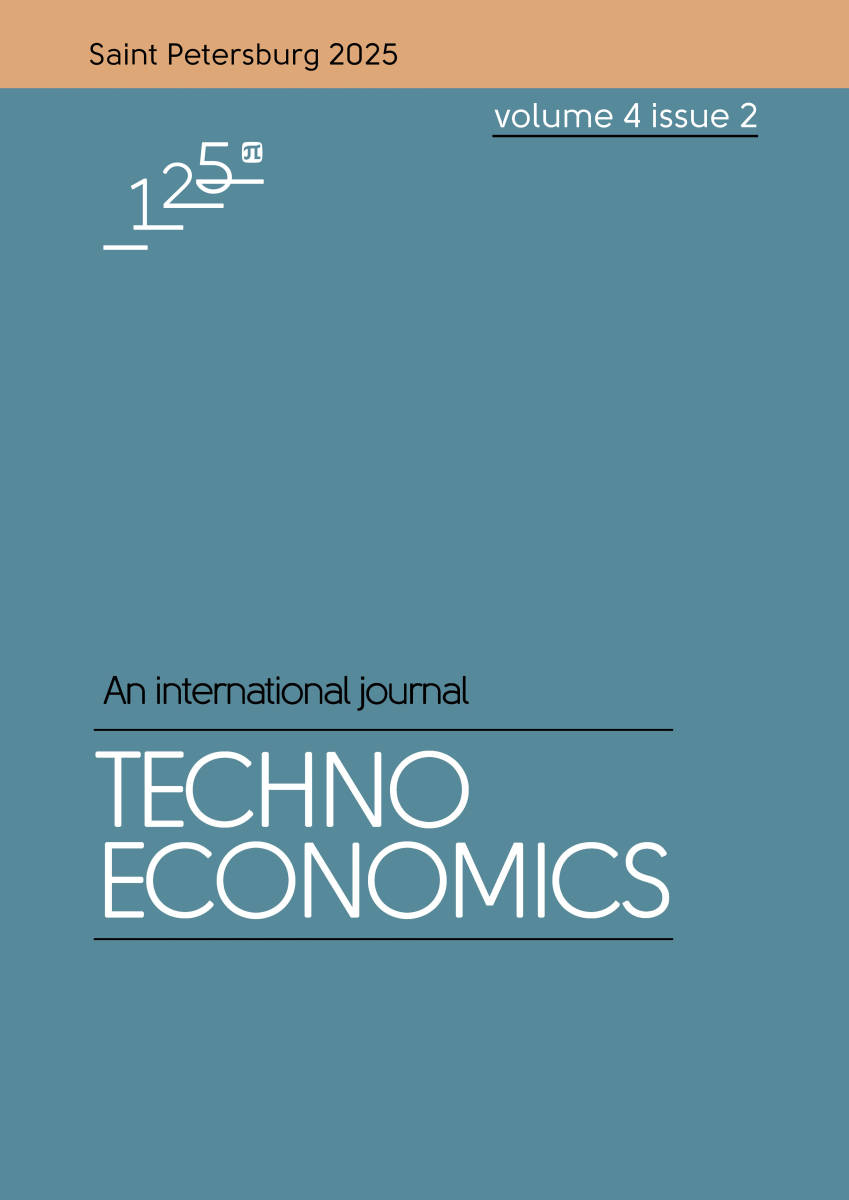Current challenges in state regulation: e-government and agricultural policies
This article focuses on practical achievements and assessments of the results of e-government measures in the agricultural sector. E-government is based on the application of digital technologies aimed at improving public services and interaction between all stakeholders. As a tool for modernizing agriculture, it plays a crucial role in boosting the living standards of farmers. The study analyzes recent and current e-government tools that provide digital access to markets and data and dissemination of relevant information on agriculture via eMkambo, Agritex Mobile, the EcoFarmer app, etc. The authors examine the effectiveness of the AI application, blockchain, and the Internet of Things and identify the most significant bottlenecks. Based on the obtained results, it became possible to define key development tracks for the agriculture-oriented pilot projects associated with digital technologies. Such an approach proves to be highly relevant due to the fact that agriculture is a key sector ensuring food security and economic development of states.


